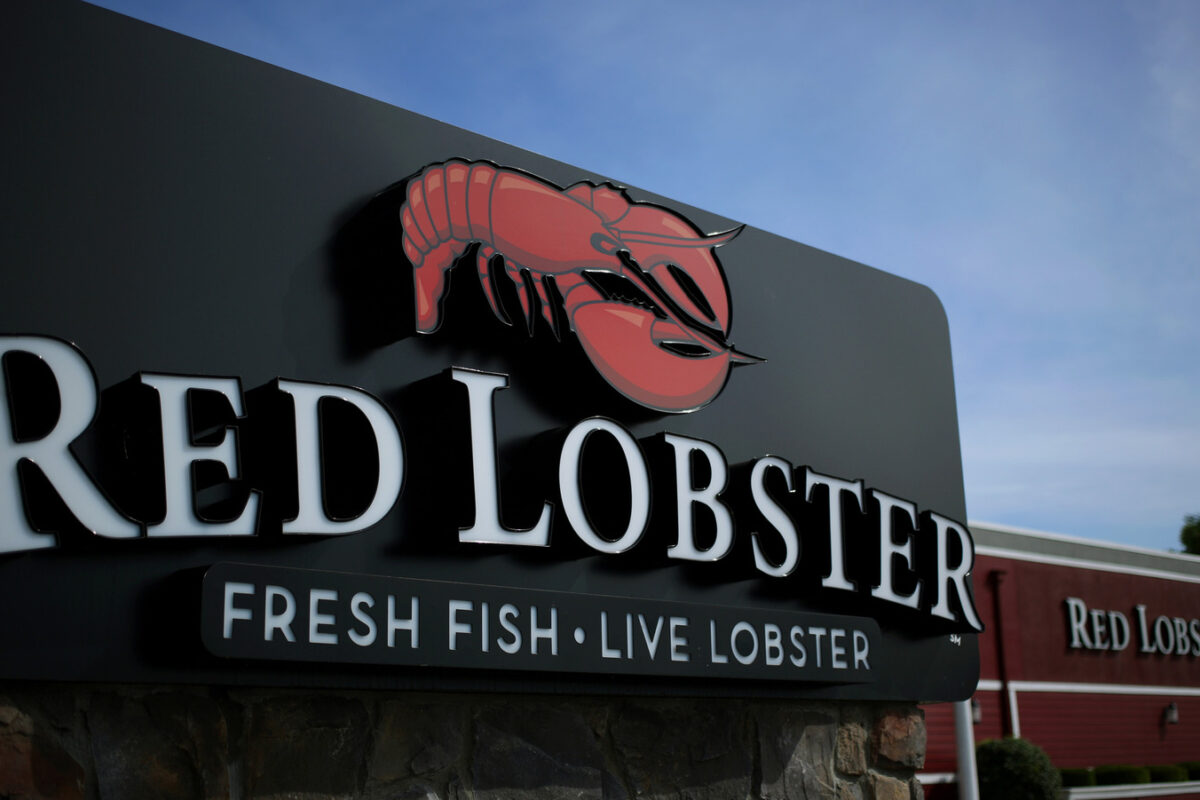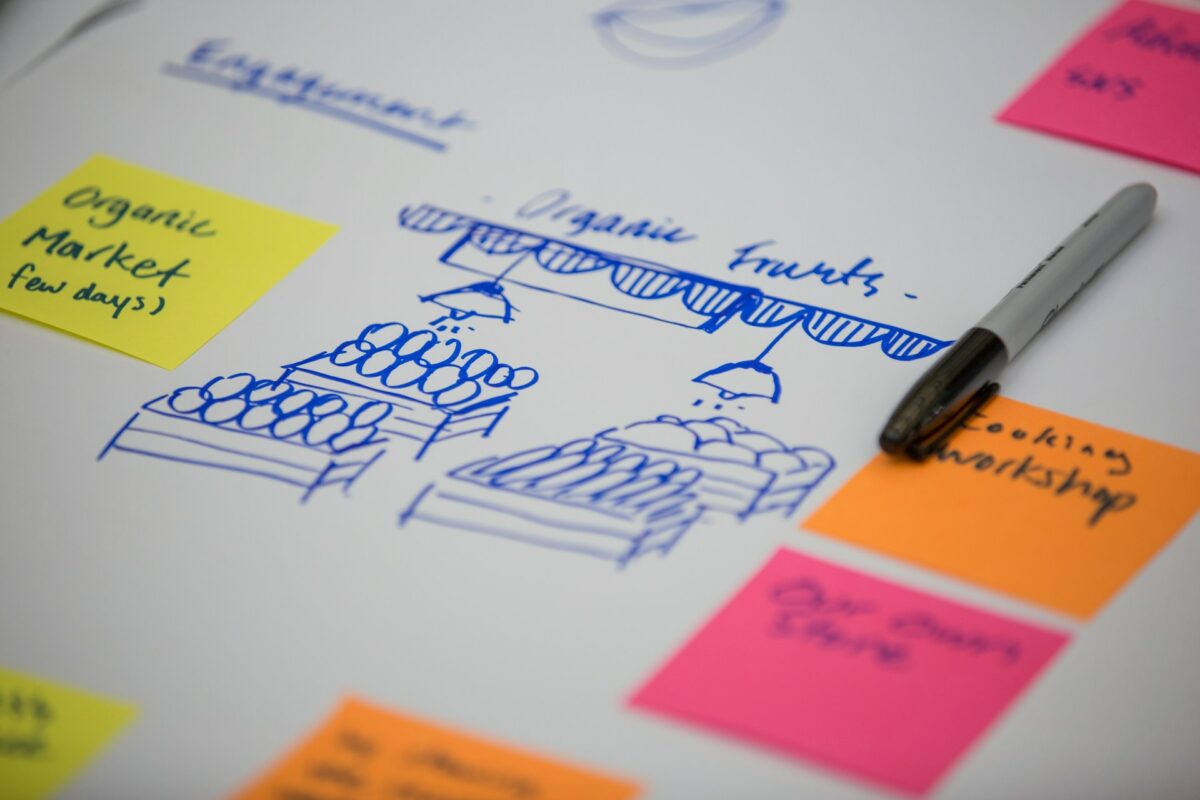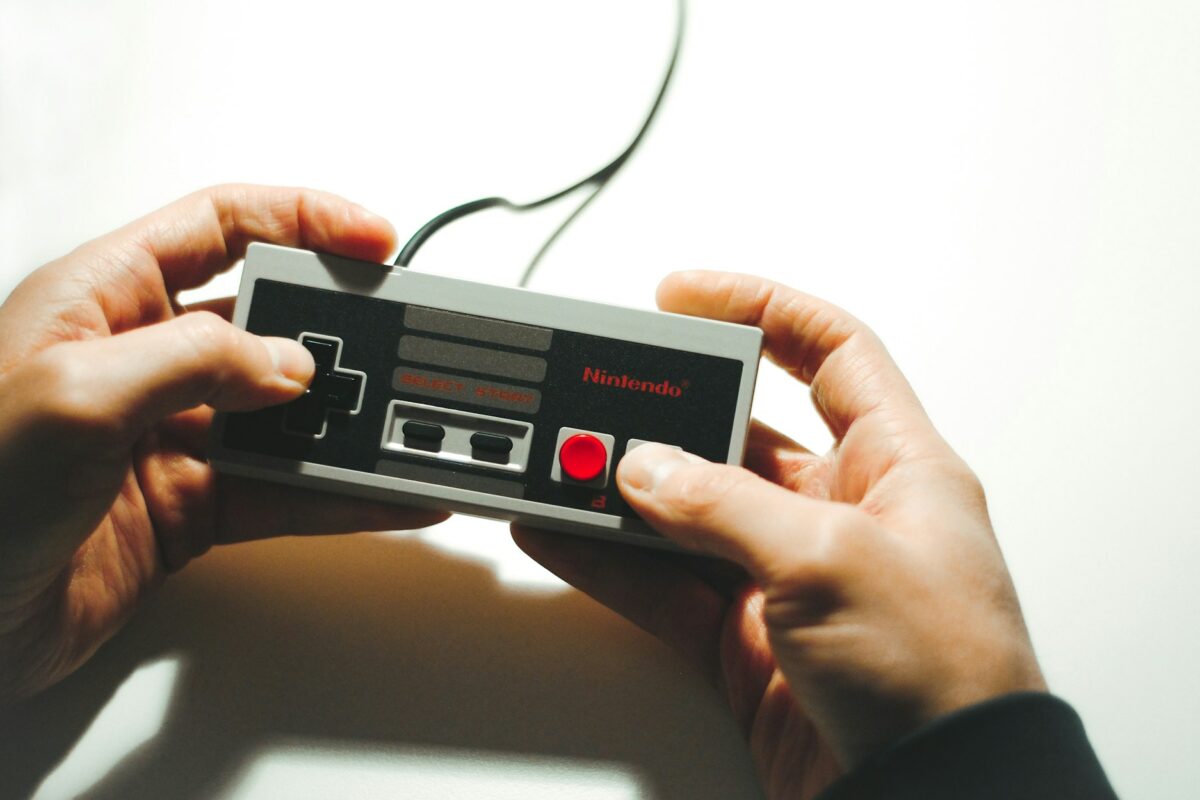Barron’s, the financial weekly, is suggesting that investors take a long look at convenience stores. Apparently, convenience stores, such as WaWa and Casey’s and others, have captured the attention and wallets of customers. With fresh, hand-crafted foods, beverages, other merchandise and, according to Buc-ee’s, “the cleanest restrooms in America,” convenience stores are fast-becoming go-to places for speedy, affordable on-the-go offerings.
Based on Barron’s reporting, convenience stores are “outpacing” fast food restaurants, gas stations and coffee chains. Data from Placer.ai indicate that in 2023, customer convenience-store visits were up more than 60% relative to 2019. Placer.ai data show that the increase in customer visits was only “20% higher in 2023 versus 2019 for gas stations, in general.” Placer.ai data also show that America’s convenience stores experienced higher customer visits every month of 2023 and every month so far in 2024.
One portfolio manager interviewed by Barron’s stated that in our post-pandemic lives, people are back in their cars going to work, school, after school activities and just to get out of the house and on the road. Because of car-commuting and car-driving freedom, customers seem willing to pay for “fresh food on the go” from convenience stores rather than fast food establishments.
The same portfolio manager states that convenience stores have “monetized time.” Basically, this is just making time into a cost. Time is already a cost when thinking about the value of an offer. Convenience stores are taking advantage of the fact that, “prices at fast food restaurants ballooned.” And, we lost our ability to go to sit-down eateries because we “lost patience and budget.”
Based on the data, it looks as if we are “lovin” the one-think shopping that convenience stores offer.
Convenience stores offer affordable, familiar discovery. We know convenience stores. But, in the current convenience store iteration, we are always surprised by something new or delightful or fit for purpose. Look at Casey’s. Casey’s has more than 2,600 stores in the US. Aside from gas and crafted sandwiches, beverages, and other items, Casey’s invests in meal innovations such as the “reintroduction of its breakfast menu.” Breakfast, historically owned by McDonald’s and Starbucks, is being coopted by a convenience store.
As shoppers, we all have the same mental accounting when it comes to a purchase. We all have an internal mechanism for assessing the worth of a brand business. In other words, we all resort to an internal value equation: total brand-business experience relative to total brand-business costs.
This mental equation is our value equation. A consumer’s value equation is not math, it is a mindset. It is a mental process for evaluating the worth of an offering relative to its costs.
Total brand-business experience refers to the functional, emotional and social benefits and rewards. Total costs refer to time, money and effort invested in the hopes of receiving the functional, emotional and social benefits and rewards.
But, there is more.
The brand-business value equation includes trustworthiness. Can I trust this brand-business to deliver this value? Trust is the customer’s belief that the brand will deliver the experience relative to the costs.
Trustworthiness is very important component in the customer’s value equation. Trust is a value multiplier. The new mental model of value is total brand-business experience relative to total experience costs all multiplied by trust. We call this the Trustworthy Brand-Business Value equation. Trust is the consumer’s evaluation of future experience with the brand-business: How confident am I that this brand-business will deliver this experience for these costs?
Data show that credibility or expertise will not matter if there is no trust.
Brand-business trust significantly affects customer commitment. This influences price tolerance. Brand-business trust is a critical piece of the decision process. If you want a strong, enduring, loyal relationship with a customer, the reams of marketing, social and psychological data and research are clear: you must have brand-business trust. Trust is essential to the calculative process of brand-business acceptance..
Convenience stores are rocking the Trustworthy Brand-Business Value Equation. The total brand-business experience offers fresh foods, cleanliness, fuel – whether gas or electric – merchandise, speed and location. The total brand-business costs are affordable prices, minimum effort and time-saving. Then, convenience stores are trusted to deliver the familiar discovery experience-relative-to-costs time and again.
Additionally, from a purely effort perception, convenience stores make going home for dinner really easy. Convenience stores are the ultimate in one-think-shopping. You can fill up your tank, pick up a quality, affordable dinner, grab a hot coffee or energy drink. Just to be clear, gas is still a critical attraction. Please forget the pun: gas is a driver of profitability for convenience stores. Casey’s showed “fuel margins of 37.3 cents a gallon and Murphy’s USA showed margins of 32.5 cents a gallon.”
Fast food restaurants are no longer as reliable in delivering a trustworthy brand-business value. The total fast food experience may be enhanced with all sorts of new technology. But, relative to the costs, the fast food experience is having difficulty living up to its previous customer perceptions of “good value.” Costs for fast food are high. When McDonald’s CEO states publicly that lower-income people can no longer afford to eat at McDonald’s, you know the wind has shifted. Convenience stores responded.
Sure, convenience stores have leveraged the current economic and social situation to their advantage. But, convenience stores are also quite cognizant of how people are struggling to balance the costs of time, money and effort relative to the benefits and rewards of their purchases. As fast food and other dining establishments knowingly leave their lower oncome customers behind, convenience stores have inserted themselves into the competitive sets. Brand-businesses like McDonald’s must now contend with Wawa, Casey’s, Murphy’s USA, 7-Eleven.
To generate Trustworthy Brand-Business Value, the brand-business’ inherent value must be perceived as fair value. Fair value means that the benefits per costs are equitable, just and dependable.
To increase shareholder value, a brand-business must be the most efficient and productive provider of a branded offer that customers value. The stores that offer fair value are now the convenience stores.
Contributed to Branding Strategy Insider by: Larry Light, Author of The Paradox Planet: Creating Brand Experiences For The Age Of I
At The Blake Project we are helping clients from around the world, in all stages of development, define or redefine and articulate what makes them competitive at critical moments of change. Please email us to learn how we can help you compete differently.
Branding Strategy Insider is a service of The Blake Project: A strategic brand consultancy specializing in Brand Research, Brand Strategy, Brand Licensing and Brand Education




